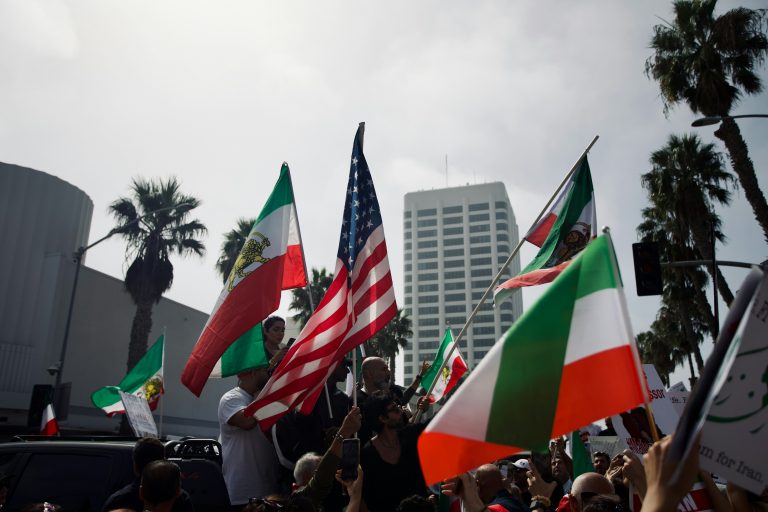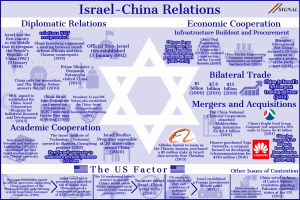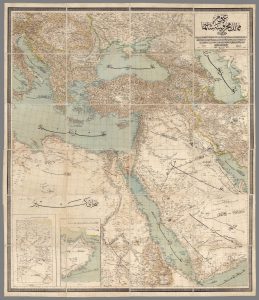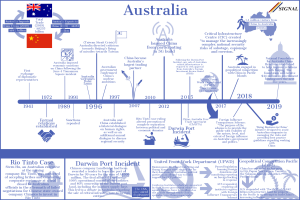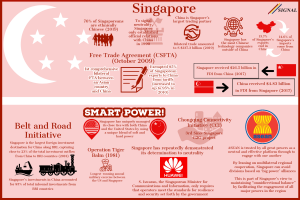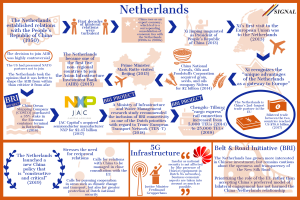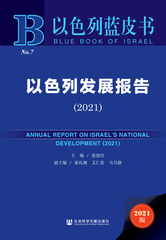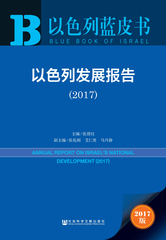SIGNAL Group’s research is designed to bring actionable insights to decision makers working across government, business, and academia. We aim to communicate an accurate view of Israel and the Middle East in China and to cultivate in-depth knowledge of China in Israel. SIGNAL Group taps into research communities, industry, and academic institutions worldwide to cultivate theories, knowledge, and techniques that drive our initiatives.

China’s subsea-cable power in the Middle East and North Africa
Image Source: Atlantic Council
May 2023
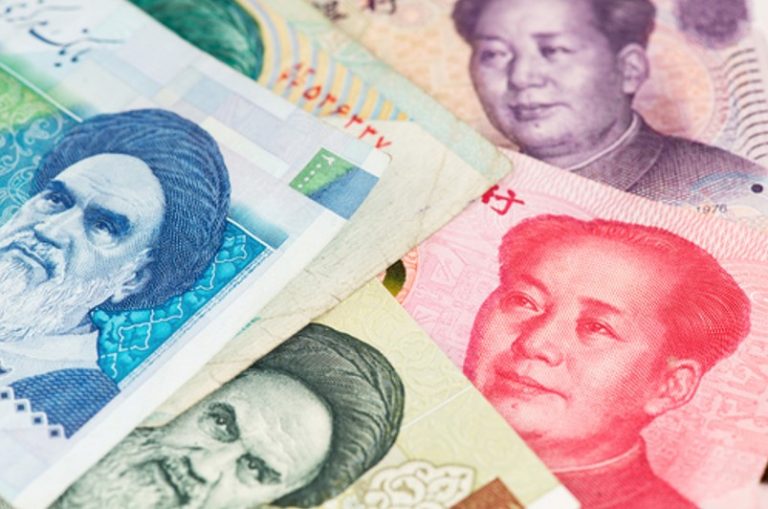
Chinese Mediation in the Middle East: seeds for a New Global Governance Architecture?
Image Source: shutterstock.com/Mc_Cloud
June 2023

Demystifying China’s Complex Relationship with Bitcoin: Past, Present, & Future
June 2021
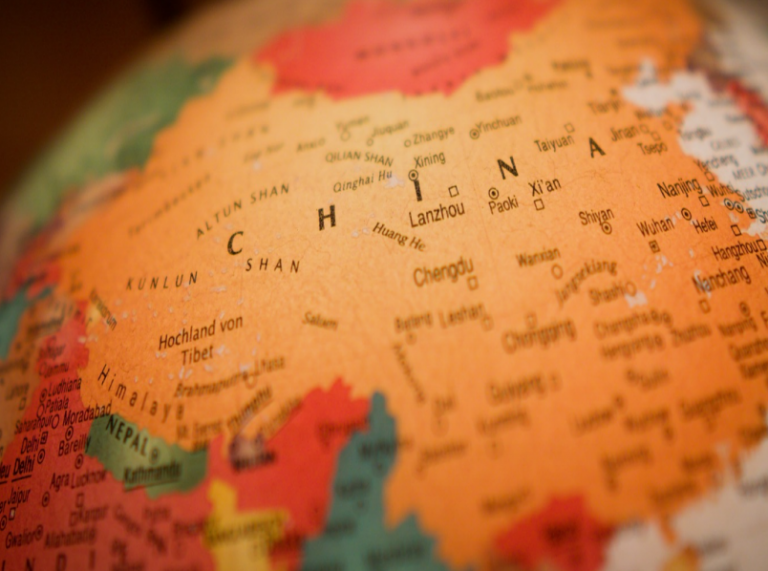
China as a Conflict Mediator: Interests, Influence, and Implications for the Israeli-Palestinian conflict
September 2021
China in the Middle East
How Countries Engage a Rising China
This research project examines China’s international relations with a select group of countries: Australia, Chile, Netherlands, Singapore, and Switzerland. It looks at how these countries understand Chinese foreign policy, and conduct relations with Beijing. It also outlines the resulting consequences. Through the systematic presentation of the principles and dynamics underlying these engagements, this inquiry offers an empirically grounded framework which may guide the formulation of appropriate foreign policy strategies that can be directed towards the East Asian power. The study aims to contribute to the enrichment and crystallization of Israel’s thinking regarding China during a period of rapidly shifting international power dynamics.
History of China's FTAs
In 2016, Israel and China agreed to enter Free Trade Agreement (FTA) negotiations. For China, FTAs are not only tools to enhance trade relations, but also instruments for achieving diplomatic and strategic objectives. SIGNAL Group’s inquiry into China’s FTAs sheds light on Chinese priorities when forming these types of agreements and the factors determining their terms – illuminating Beijing’s strategic mindset and expectations.
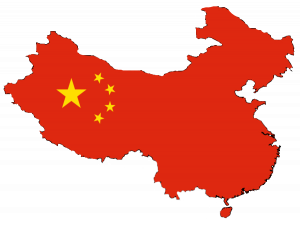
China’s Free Trade Agreements: Context, Strategy, Dimensions
Carice Witte, Joshua Glinert, June 2017
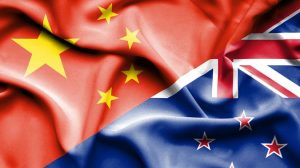
Briefing on China’s Free Trade Agreement Strategy
Carice Witte, Joshua Glinert, February 2017
Blue Book
The Blue Book is a Chinese language series, published annually, covering domestic issues and country studies. The series serves as a reference for policy experts, scholars, Party, and Government officials across China. The series comprises of approximately 15 countries. The Israel Blue Book was first published in 2015 by the Director of the SIGNAL Group Henan University Israel Studies Program, Prof. Zhang Qianhong. Each year, SIGNAL Group provides original source material for the essays, as well as original articles written by SIGNAL Group staff, SIGNAL Group fellows, and other Israeli /Jewish experts.

The State of the Global Jewish Community
David Hatchwell Altaras, April 2020

The Defining Tension of Islam – Unity and Diversity
Dr. Ori Goldberg, April 2019

Understanding the Jewish Contribution to Humanity
Gideon ‘Gidi’ Grinstein, April 2019

Security Topics on Israel and the Middle East (Hebrew)
Major General Yaacov Amidror, May 2017

The Jewish People in 2017 Fault Lines Threats and Opportunities
Shalom Lipner, May 2017

Israel-China Relations 2016
Carice Witte, Yehuda Sunshine, May 2017
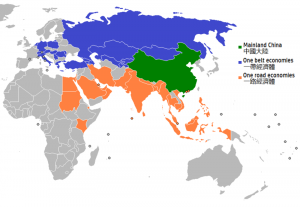
Israel & The Belt & Road Initiative
Carice Witte, Yehuda Sunshine, April 2017

A Global Perspective of the Jewish People, 2016
David Harris, March 2017

The Three Roots of the Special Relationship: What Makes U.S.-Israeli Ties So Strong?
Eran Lerman, March 2017

Sino-Israel Relations in 2015
Carice Witte, Prof. Meron Medzini, March 2017
2017 Survey: Israeli Attitudes and Perceptions of China, its people and the BRI
This study, commissioned by China’s Ministry of Education, was initiated by Dr. Li Wei, a Research Fellow from the Institute of Middle Eastern Studies (IMES) of China’s Northwest University, and conducted in collaboration with SIGNAL Group.
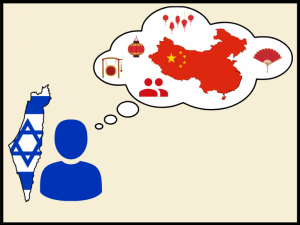
The Attitudes and Perceptions of Israelis Towards China, its People, and the BRI
Professor Li Wei, Kalman Guyer, & SIGNAL, December 2017
The Geography of Sino-Israeli Relations

Binyamin Tjong-Alvares
From the Jewish Political Studies Review, Vol. 24, Nos. 3–4 (Fall 2012), published by the Jerusalem Center for Public Affairs.




